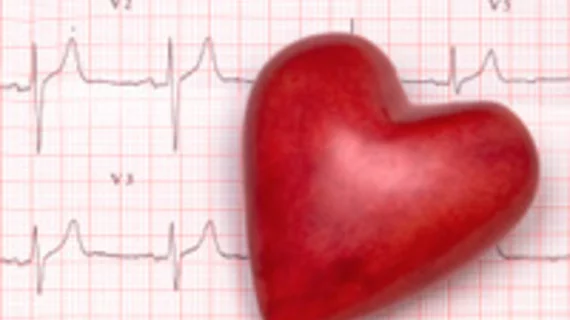Penn Medicine performs 1st ablation with imaging aid in US
An intraoperative imaging and mapping system designed to aid in the ablation of complex cardiac arrhythmias was successfully used for the first time in the United States, according to an article distributed by Penn Medicine.
Janet Szilagyi, 78, was the first patient to benefit from the technology, which was approved by the FDA in October 2017. She had experienced eight years of failed treatment for persistent atrial fibrillation (AFib) before exploring this new option, the AcQMap High Resolution Imaging and Mapping System and the 3D Imaging and Mapping Catheter.
“There were many areas of Janet’s heart that required ablation, and having access to this new technology allowed us to see more of these regions that we would not have normally been able to, so we could fully address the areas of concerns,” said Pasquale Santangeli, MD, who performed the procedure. “Janet’s procedure went well, and she is recovering nicely. I expect that with standard follow-up she will be able to return to normal life without severe threat of AFib recurrence.”
According to Penn’s article, the system combines ultrasound with heartbeat mapping, which helps to pinpoint the cause and area specific to each arrhythmia. After each ablation, clinicians are able to quickly remap the heart to assess the effectiveness of the ablation attempt in real-time.
Read the full story below:

